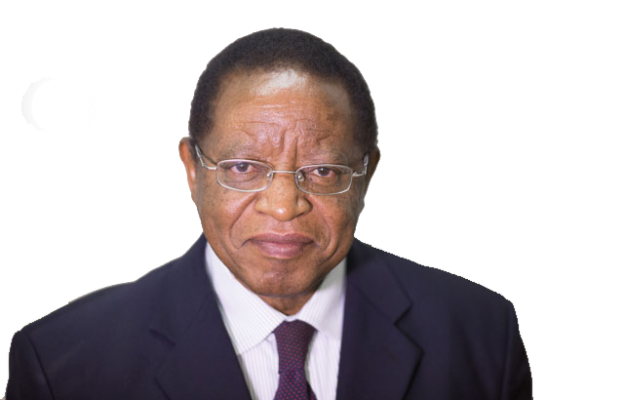Professor,
Ezra Suruma, says he feels vindicated now that cabinet is considering the
revival Uganda Commercial Bank (UCB).
Suruma, the Makerere University Chancellor was one of the few government
officials that had tried to resist the World Bank/ International Monetary Fund
call for privatization of UCB.
He was the Deputy Governor Bank of Uganda at that time but decided to move to
UCB as its Chairman and Managing Director as part of the efforts to save it
from being privatized.
In an interview, Suruma who later became Finance the Minister says the
government was pressurized by IMF/ World Bank to privatize UCB and other
parastatals as a condition for aid.
The IMF/World Bank according to Suruma then advised that Uganda Commercial
should be privatized because it was unprofitable and not liquid.
But Suruma says his experience from United States was that the banking sector
was a special industry whose operation was jealously guarded by both federal
and state laws.
He says UCB which at the time of its privatization was holding almost half of
the banking deposits of Uganda should have equally been guarded jealously.
UCB according to Suruma was holding over four hundred billion shillings in
deposits at the time when it was sold. He says he had ensured the turnaround of
UCB by the World Bank and IMF insisted that it should be
privatized.
Professor Suruma says World Bank/IMF diagnostics studies only targeted
indigenous banks like Uganda Commercial Bank, Uganda Development Bank and
Cooperative Bank.
Parliament in 2001 after heated debate resolved that UCB should not be
privatized. President Museveni, however, wrote to Bank of Uganda Governor,
Emmanuel Tumusiime Mutebile insisting that it should be sold even when it had
improved in liquidity.
“I have received resolutions passed by Parliament today regarding the
privatisation of Uganda Commercial Bank. The resolution does not change my
long-held view that UCB should be sold as soon as possible, as per our
Privatisation Plan for the whole parastatal sector” reads part of the
September 30th letter to Bank of Uganda.
Bank of Uganda proceeded with opening of the bids leading to the sale of
majority of UCB’s shares to the South African Bank Stanbic bank at $ 19.6
million.
Cabinet has been discussing the possibility of reviving a bank similar to UCB
to influence interest rates and promote development banking. There is feeling
that Stanbic Bank now the largest bank determines interest rates on the
market.
Suruma welcomes the idea saying the government should have been cautious in the
first place.
But the World Bank continues to cite the privatization of UCB as one of the
success stories in Africa.
In 2007, a study “Bank Privatization in Sub-Saharan Africa: The Case of
Uganda Commercial Bank” concluded that the privatization of UCB was
successful because the bank become solvent and more efficient since the
privatization. It said that the sale of UCB improved the access to banking for
some parts of the population.
I Feel Vindicated On Uganda Commercial Bank Sale – Professor Suruma





